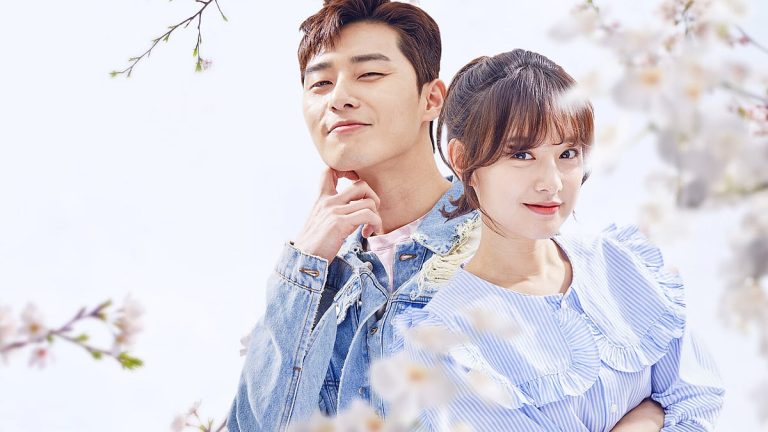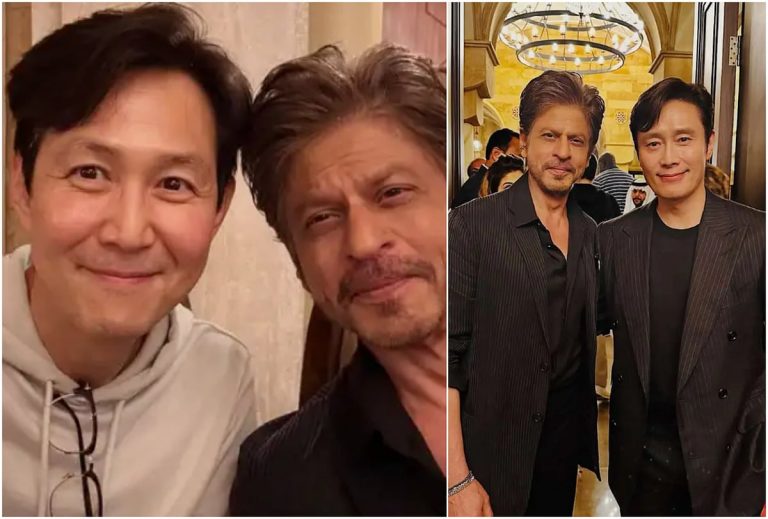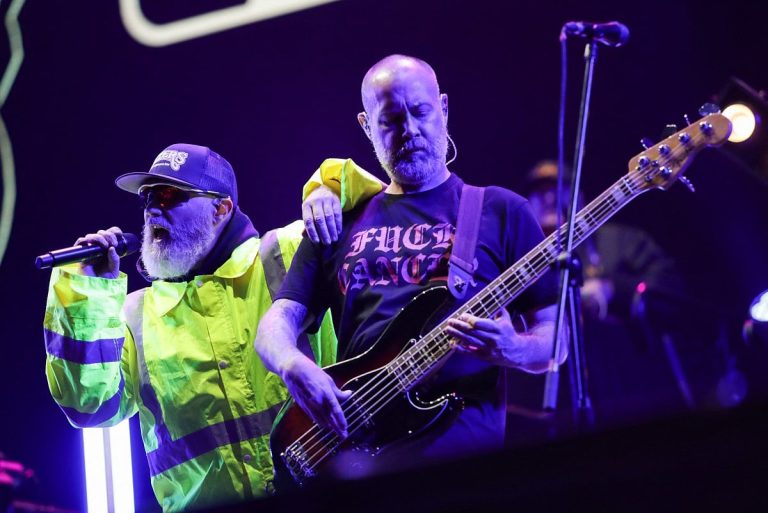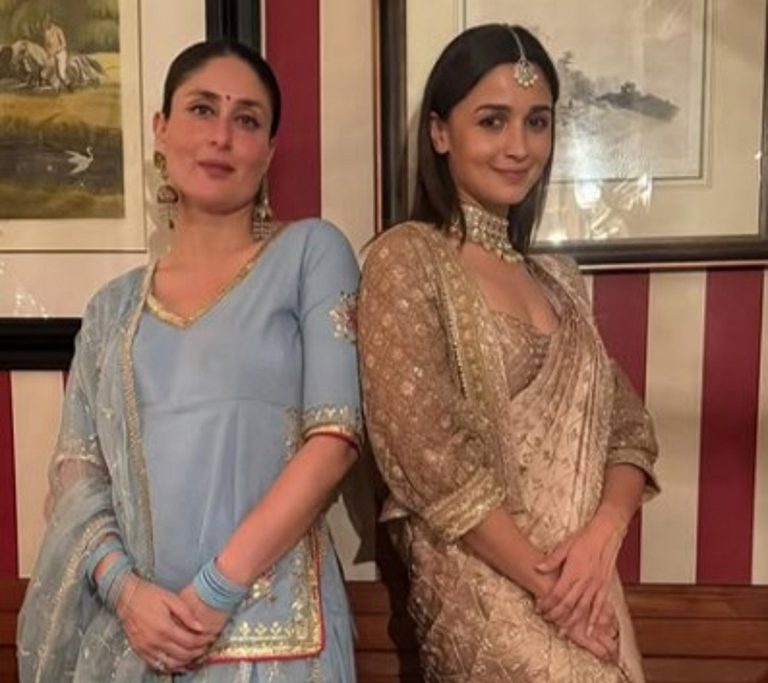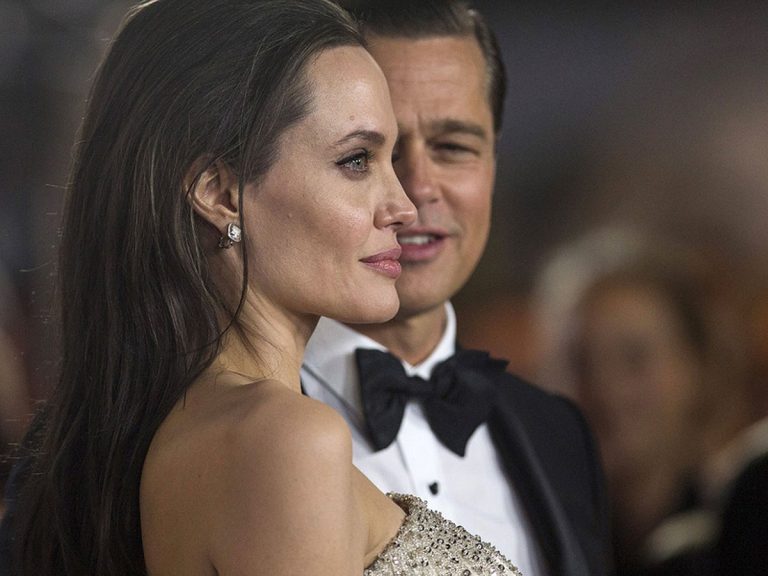DDLJ at 30: Reflecting on Its Cultural Legacy
As ‘Dilwale Dulhania Le Jayenge’ (DDLJ) marks its 30th anniversary, it prompts a re-evaluation of its cultural significance and relevance in today’s society. Released in 1995, this iconic film not only defined Bollywood romance but also shaped the expectations and aspirations of a generation. However, as we look back, we must consider how its themes resonate in a vastly different contemporary landscape.
The Cultural Impact of DDLJ
When DDLJ debuted, it introduced audiences to the charming duo of Shah Rukh Khan and Kajol, who portrayed Raj and Simran. Their love story, set against the backdrop of both Western and Indian cultures, became a template for countless romantic films that followed. The film’s blend of traditional values and modern aspirations struck a chord with viewers, making it a cultural phenomenon.
Raj’s journey from London to rural Punjab to win over Simran’s father, played by Amrish Puri, showcased the clash between progressive love and conservative familial expectations. This narrative appealed to many who found themselves navigating similar cultural dilemmas. However, as we reflect on the film today, we must confront the outdated elements that may not align with current societal values.
Themes of Tradition vs. Modernity
At the heart of DDLJ is the tension between traditional Indian values and the modern desires of youth. Raj’s character embodies a romantic ideal, charming Simran’s family while adhering to the notion of respecting parental authority. This portrayal, while endearing in the 90s, raises questions today about the autonomy of individuals in choosing their partners.
Simran, despite being educated and Westernized, often appears submissive to her father’s wishes. Her struggle against arranged marriage and her father’s authoritarianism can feel disempowering in a contemporary context where personal agency is highly valued. The film’s romanticization of arranged marriages and the notion that love must conquer all can seem problematic when viewed through a modern lens.
The Immigrant Experience
DDLJ also touches on the immigrant experience, particularly through the character of Simran’s father. His rejection of Western culture in favor of traditional Indian values highlights the challenges faced by first-generation immigrants. While the film attempts to portray the disorientation of navigating two cultures, it often dismisses the richness of Western influences, presenting a one-dimensional view of cultural superiority.
The father’s insistence on marrying off his daughter without considering her feelings raises ethical concerns about parental control and the implications of such decisions. This aspect of the film, once viewed as a mere plot device, now invites scrutiny regarding the portrayal of family dynamics and the pressures faced by individuals in immigrant families.
The Question of Consent
One of the most contentious scenes in DDLJ involves a moment of misunderstanding between Raj and Simran, where Raj reassures her about their physical encounter. While this scene was romanticized in the 90s, it now raises significant concerns about consent and agency. In an era that prioritizes discussions around consent, Raj’s insistence on his honorable intentions can come across as patronizing and problematic.
The dialogue, which once evoked admiration, now invites a critical examination of how relationships are portrayed in media. The evolution of societal norms surrounding consent and respect in romantic relationships highlights the need for more nuanced representations in contemporary storytelling.
The Evolution of Romance in Cinema
As we assess the legacy of DDLJ, it is essential to recognize how the portrayal of romance has evolved over the past three decades. Today’s narratives often emphasize equality, consent, and the complexities of modern relationships. The rise of dating apps and changing social dynamics have transformed how individuals approach love and partnership, making the traditional tropes seen in DDLJ feel increasingly outdated.
While DDLJ remains a beloved classic, its themes may not resonate with younger audiences who prioritize different values in relationships. The film’s idealization of a singular soulmate and the notion of love conquering all can feel simplistic in a world that acknowledges the complexities of human connections.
Revisiting DDLJ: A Mixed Legacy
In revisiting DDLJ, one must acknowledge both its charm and its shortcomings. The film’s ability to captivate audiences and create memorable moments is undeniable, yet it also reflects a time when certain societal norms were more accepted. As we celebrate its 30th anniversary, it is crucial to engage in a dialogue about its relevance today.
While the film may not fully align with contemporary values, it serves as a cultural artifact that invites reflection on how far we have come in understanding love, relationships, and cultural identity. The nostalgia associated with DDLJ is powerful, but it should also prompt critical discussions about the messages we consume and perpetuate in media.
FAQs
What is the significance of DDLJ in Bollywood history?
DDLJ is considered a landmark film in Bollywood, setting the standard for romantic films and establishing Shah Rukh Khan as a leading romantic hero. Its blend of traditional and modern themes resonated with audiences and influenced countless films that followed.
How has the portrayal of relationships changed since DDLJ’s release?
Since DDLJ’s release, there has been a shift towards more nuanced portrayals of relationships that emphasize consent, equality, and the complexities of modern love. Contemporary narratives often challenge traditional norms and explore diverse relationship dynamics.
Is DDLJ still relevant for today’s audiences?
While DDLJ remains a beloved classic, its themes may not resonate with younger audiences who prioritize different values in relationships. The film’s romanticized notions of love and arranged marriage can feel outdated in today’s context.
Conclusion
As ‘Dilwale Dulhania Le Jayenge’ celebrates its 30th anniversary, it serves as both a nostalgic reminder of Bollywood’s past and a catalyst for discussions about evolving societal values. While the film holds a cherished place in cinematic history, its themes warrant critical examination in light of contemporary perspectives on love, agency, and cultural identity. Engaging with these discussions can help us appreciate the film’s legacy while recognizing the importance of progress in storytelling.
Also Read:
Shah Rukh Khan and Squid Game Stars at Joy Forum 2025
UAE Passport Ranked Among World’s Most Powerful Travel Docum
Sharjah Day in London Highlights Innovation and Collaboratio


